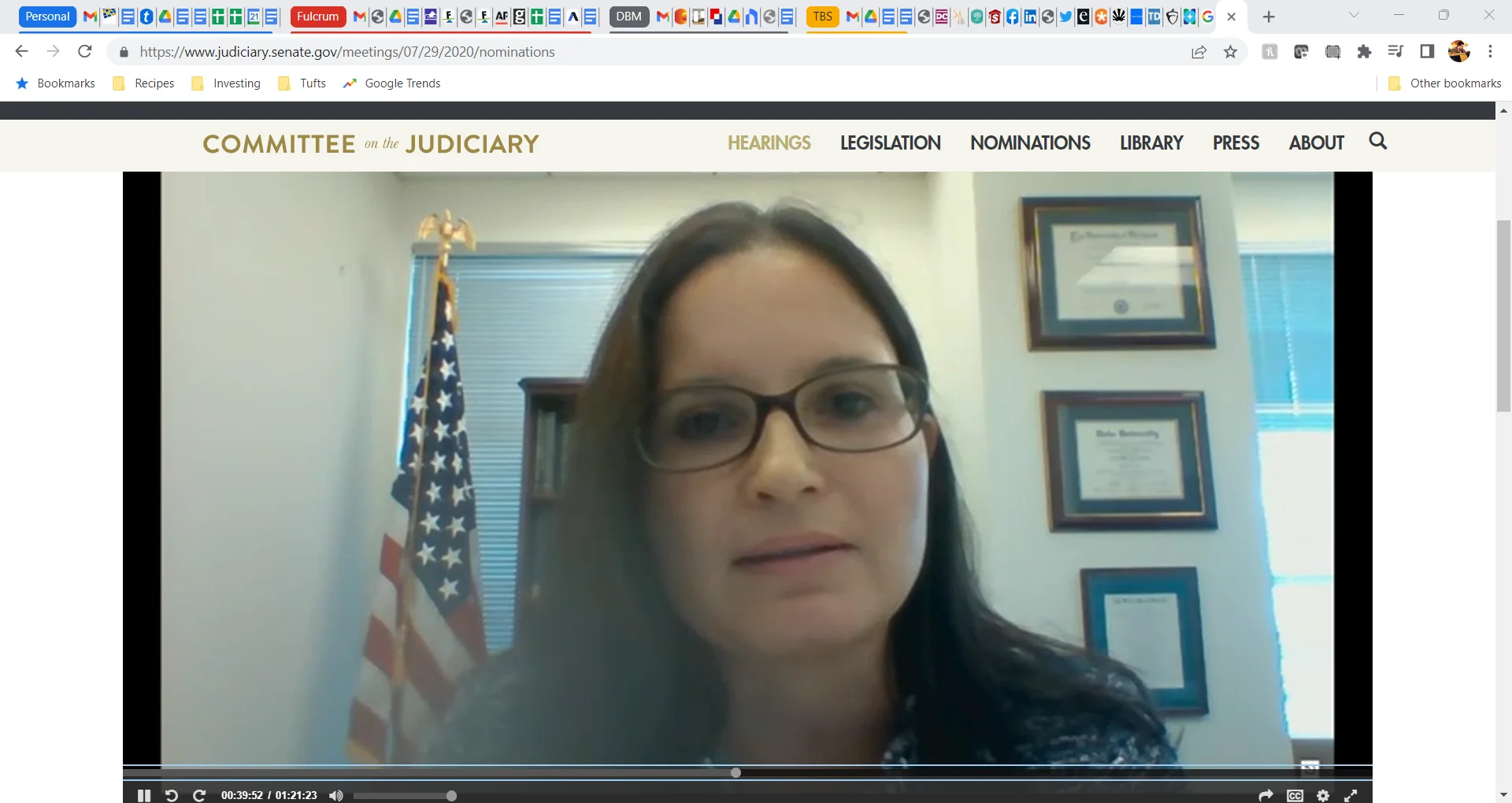Judge Cannon’s Role in the Trump-Classified Documents Case

Judge cannon – Judge Aileen Cannon was appointed as the special master in the Trump-classified documents case in September 2022. Her rulings and decisions related to the case have been the subject of much controversy and legal debate.
Appointment as Special Master, Judge cannon
A special master is a third-party attorney appointed by a court to oversee the review of seized materials and determine which documents are privileged and should not be released to the government.
Judge Cannon appointed Judge Raymond Dearie as the special master in this case. This decision was controversial because Judge Dearie is a former federal prosecutor and has been critical of former President Trump in the past.
Rulings and Decisions
Judge Cannon has issued several rulings and decisions related to the Trump-classified documents case. These include:
- Blocking the government from using the seized documents in its criminal investigation
- Ordering the special master to review the documents and make recommendations on which should be withheld from the government
- Rejecting the government’s request to stay her order blocking the use of the documents in the criminal investigation
These rulings have been criticized by some legal experts, who argue that they are overly broad and could hinder the government’s investigation. However, Judge Cannon has defended her rulings, arguing that they are necessary to protect the former president’s due process rights.
Legal Implications and Controversies
Judge Cannon’s involvement in the Trump-classified documents case has raised a number of legal implications and controversies.
- Some legal experts have argued that Judge Cannon’s rulings could set a precedent for future cases involving the seizure of privileged materials from former presidents.
- Others have questioned whether Judge Cannon’s personal views about former President Trump have influenced her rulings in the case.
- The case has also raised questions about the role of special masters in criminal investigations.
The legal implications and controversies surrounding Judge Cannon’s involvement in the Trump-classified documents case are likely to continue to be debated for some time.
Judge Cannon’s Impact on Legal Precedent

Judge Cannon’s rulings in the Trump-classified documents case have the potential to significantly impact legal precedent in future cases. Her decisions have already been cited in other cases involving the handling of classified information, and they are likely to be influential in shaping the interpretation of relevant laws and regulations.
Narrow Interpretation of Executive Privilege
One of the most significant aspects of Judge Cannon’s rulings is her narrow interpretation of executive privilege. She has held that the former president does not have an absolute right to assert executive privilege over all documents related to his time in office. Instead, she has required the government to demonstrate that the documents are covered by the privilege and that their disclosure would harm national security.
This interpretation of executive privilege is narrower than that adopted by some previous courts. If it is upheld on appeal, it could make it more difficult for future presidents to assert executive privilege over documents that they believe are sensitive.
Appointing a Special Master
Judge Cannon also made a controversial decision to appoint a special master to review the documents seized from Mar-a-Lago. This decision was criticized by some legal experts, who argued that it was unnecessary and would delay the investigation. However, Judge Cannon maintained that the appointment of a special master was necessary to protect the former president’s due process rights.
The appointment of a special master is a rare occurrence in criminal cases. If Judge Cannon’s decision is upheld on appeal, it could set a precedent for the appointment of special masters in other cases involving the handling of classified information.
Implications for the Legal System
Judge Cannon’s rulings have broader implications for the legal system and the separation of powers. Her narrow interpretation of executive privilege could make it more difficult for the government to protect sensitive information from disclosure. Her decision to appoint a special master could also set a precedent for the appointment of special masters in other cases involving the handling of classified information.
These rulings could have a significant impact on the balance of power between the executive and judicial branches of government. They could also make it more difficult for the government to investigate and prosecute crimes involving the handling of classified information.
Judge Cannon’s recent decision has sparked controversy, particularly in light of her ties to glen youngkin , a prominent Republican figure. While the judge has maintained her impartiality, some critics have questioned the potential influence of her political connections on her ruling.
The situation has raised questions about the separation of powers and the role of judges in upholding the law without bias or external pressure.
Judge Cannon, who is presiding over the Mar-a-Lago case, has sparked curiosity about her age and background. If you’re interested in another prominent figure, JD Vance, you can find out how old he is with a quick search. Returning to Judge Cannon, her handling of the case has raised questions about judicial discretion and the potential consequences for the ongoing investigation.